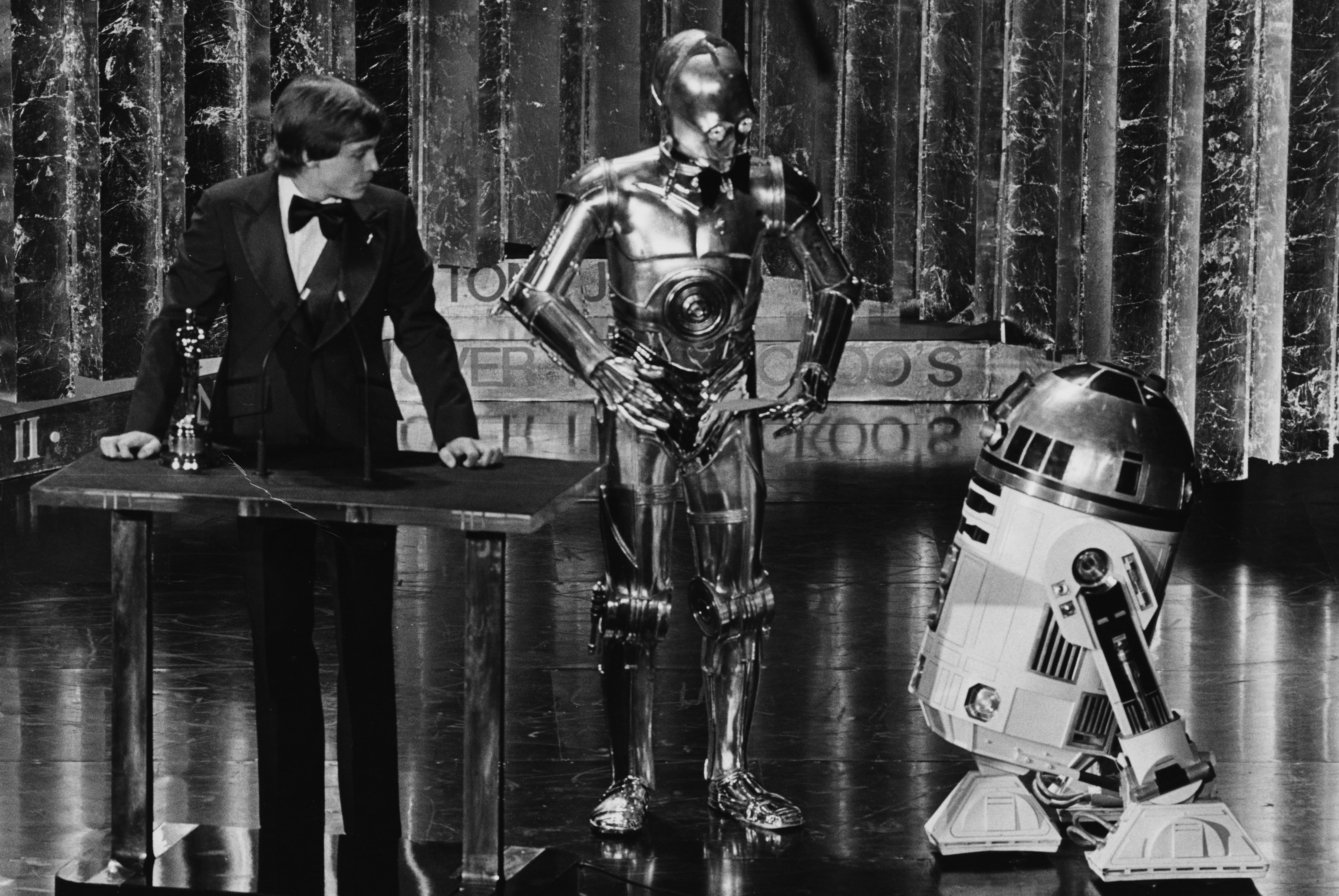
In 1978, the original Star Wars lost the Best Picture Oscar to Annie Hall. Over the years, some have argued this was okay. Empire Strikes Back was the better film, and maybe Annie Hall deserved to win that year. But it’s hard to imagine anyone making that argument in 2022 for many reasons. In hindsight, Star Wars losing is a big deal because it was the last time a sci-fi film had a real shot at getting the Oscar for Best Picture. Until now.
Denis Villeneuve’s Dune has a real shot at winning the Oscar for Best Picture. Here’s why it really could, and more importantly, why it should.

Recently, the Academy Awards made the controversial decision not to air several categories live on TV during the ceremony. These awards include Film Editing, Production Design, and Sound. As anyone who has followed science fiction and fantasy cinema probably knows, this move scans as a giant middle finger to genre films. Over on Gizmodo and elsewhere, that exact argument is being made: Not showing the public these slightly more “technical” awards paints a picture to the general public that these kinds of films don’t belong in awards conversations.
Historically, this argument holds water. Terminator 2 won Best Sound Mixing in 1992, and it wasn’t nominated for Best Picture that year, even though it probably should have been. (Silence of the Lambs won that year, which is kind of like Annie Hall beating Star Wars.)
If we’re only concerned with mainstream recognition of science fiction and fantasy films, the Oscars have frequently forced these sorts of movies behind the 8-ball. For example, the Star Wars franchise never got another Best Picture nomination after 1978. And it wasn’t until 2004, when The Lord of the Rings: The Return of the King won Best Picture, that anything that remotely felt like science fiction or fantasy got a Best Picture win.
However, Lord of the Rings is fantasy, which means that despite that huge breakthrough for “geek” films, an actual science-fiction film still hasn’t managed to get the Best Picture win.

Dune could change that. Its chances at winning Best Picture seems better than most sci-fi films that have been nominated, and that’s mostly for two reasons.
First, movies that win Best Picture usually connect to the zeitgeist moment in some way, shape, or form. Although the story of Dune comes from the early 1960s, its political relevance feels stronger than ever. As both an indictment of brutal statecraft and an allegory about climate change, Dune oddly feels more relevant now than ever before. The film (and the story) is both complex and straightforward, and its more significant themes are clear enough to break through to the mainstream. Dune has a fair amount in common with Lord of the Rings in this way, and its literary origins also give it gravitas with the Academy.
Second, Dune has an excellent chance to win because it feels like a movie more than an event. Dune specifically lacks the wisecracking zip of a Marvel film and is more confident in its pacing than one of the newer Star Wars films. The movie is oddly grounded, which is a strange thing to say considering it’s all about sandworms and galactic empires. Yet, Villeneuve makes it both approachable and big; it’s mainstream with an indie feel. If you didn’t know about the sci-fi elements and were only told that it was a big-budget arthouse film, you’d already be betting for it to win the Oscar.

So, if you break down the taxonomy of how the Academy might perceive Dune, it suddenly seems like a slam dunk for Best Picture. Some have noted that Villeneuve getting snubbed for Best Director might help Dune win Best Picture. (The same thing happened in 2013 when Ben Affleck wasn’t nominated for Best Director, but his film Argo, a movie that oddly has a Dune homage inside of its narrative, won the top prize.)
But beyond the simple fact that Dune has a shot, the more important thing is that it should win. There’s never been a movie like Villeneuve’s Dune because there’s never been a movie that’s walked this line quite so well. For films to truly matter and make their mark on history, they must be accessible. This is why — as great as it is — Solaris will never be as popular as Star Wars. However, Dune manages to borrow some of the populism of Star Wars and Marvel and weaponizes that built-in audience to deliver a movie with a little more heft.

In other words, even people who didn’t consider themselves “Dune people” or sci-fi fans saw and loved Dune. Their reasons may have varied. The performances from Timothée Chalamet, Rebecca Ferguson, Oscar Issac, Javier Bardem, Jason Momoa, and Zendaya are unmatched in any other major 2021 release. The film is also beautiful and manages to convince the audience that everything you’re experiencing is real.
Dune doesn’t have a big climactic scene like the Star Wars Trench Run or a massive battle like in Lord of the Rings. It doesn’t need it. Its cinematic world-building is so pervasive that you barely have time to think about how half of it is special effects. Other sci-fi epics may have spoiled us for Dune, but the difference between this film and Guardians of the Galaxy is that one is great pop art, and the other one is simply art.
If Dune wins the Oscar for Best Picture, it will be the first science fiction film to do so. Because it would win for the right reasons, hopefully, that means it won’t be the last.
The 94th Academy Awards airs on ABC on March 27, 2022.



.jpg?w=600)



